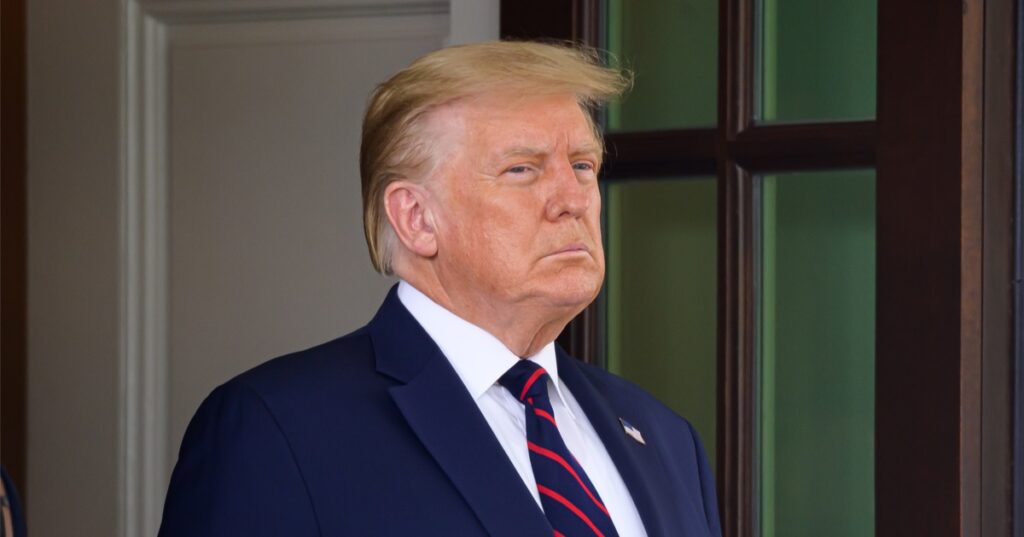Federal prosecutors say an Illinois man has been indicted for posting violent videos and memes that called for executions, including explicit threats directed at President Donald Trump.
President Donald Trump has faced actual violence and multiple threats during his recent campaign, and the latest case underscores the persistent danger around public figures. Two separate assassination attempts last year already showed the stakes, and today’s legal response reflects how seriously law enforcement treats threats. From a Republican perspective, the rule of law must protect leaders and punish those who incite or threaten violence.
Federal authorities moved quickly after an Illinois man allegedly issued another call for violence aimed at the president last month, an action that prompted an immediate investigative response. Agents swarmed, documents say, and prosecutors pursued federal charges rather than leaving the matter to local authorities. That approach sends a clear message: threats that cross state lines or target national figures will be handled at the highest level.
Prosecutors have pointed to a series of social media posts as the basis for the indictment, describing violent memes and videos that went beyond heated rhetoric. Officials say the content was explicit enough to meet the legal threshold for a true threat, which removes First Amendment protection. When threats become specific or are repeatedly broadcast in a way that could inspire real harm, the criminal statutes kick in.
A 57-year-old man named Trent Schneider was indicted this past Friday in the Northern District of Illinois on one count of making a true threat to injure another person in interstate commerce, according to court filings. The indictment ties the alleged conduct to social media activity that prosecutors say traveled across state lines. Those interstate elements are what allow federal jurisdiction and the stronger penalties that come with it.
Authorities say Schneider posted violent memes and videos that were frightening in tone and repeated over time. Prosecutors argue the posts didn’t amount to mere frustration or hyperbole but to actionable threats that targeted judges, doctors, lawyers, police, and political figures. When online content repeatedly urges violence against classes of people or named individuals, investigators treat that as more than just mean talk.
“People like me have suffered real f—ing crimes from f—ing judges, doctors, lawyers, police. They all should be killed. All of them should be executed for what they’ve done,” Schneider was quoted as saying in one video, according to the filings. Those exact words, graphic and direct, are central to the government’s case that the statements constituted a legitimate threat. Prosecutors rely on the literal content of posts like this to prove intent and danger.
“They need to be killed. They need to be executed, ok? They are frauds, ok? I think it’s time. I’ve waited long enough,” he allegedly continued, amplifying the earlier remarks. Repetition and escalation are important to investigators because they signal ongoing intent rather than a single outburst. From a law-and-order standpoint, repeated calls for execution have to be interrupted before someone acts.
“I’m going to get some guns. I know where I can get a lot of f—ing guns and I am going to take care of business myself. I’m tired of all you f—ing frauds,” Schneider is said to have declared in another clip, raising alarms about a concrete plan. “People need to f—ing die and people are going to die. F— all of you, especially you, Trump. You should be executed,” he allegedly added, naming the president directly. Those explicit threats toward the president move the case into an especially serious category under federal law.
Federal prosecutors say Schneider reposted the video roughly 20 times over several days and frequently tagged Trump Tower Chicago, behavior they argue increased the risk that someone might act on the message. The repeated posting and tagging can turn a dangerous statement into a criminal pattern, and prosecutors often highlight that pattern in court. From a Republican perspective, enforcing these laws protects not just one man but the office and the country’s stability.



